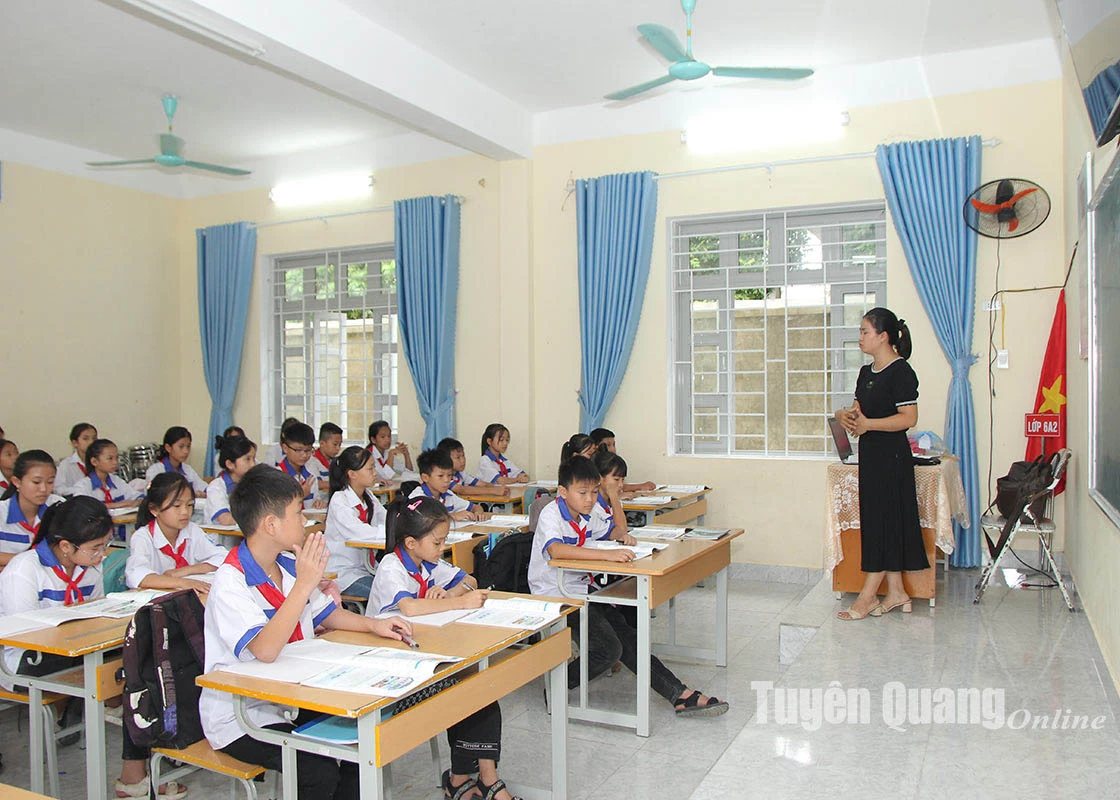Equal access to education
The Government has just issued Decree No. 277/2025/NĐ-CP, detailing the implementation of Resolution No. 218/2025/QH15 of the National Assembly, which outlines universal preschool education for children aged 3 to 5.
 |
According to the decree, by 2028, at least 50% of provinces and centrally-run cities are expected to meet the standards for universal preschool education for children aged 3 to 5. By 2030, all provinces and cities nationwide are targeted to achieve this goal.
The decree specifies detailed policies to support lunch meals and learning expenses for children from poor and near-poor households; orphans; children of martyrs; children of Heroes of the People’s Armed Forces and war invalids; children with disabilities; and children of workers employed in industrial parks, clusters, and export processing zones. It also calls for increased investment from both central and local budgets in preschool infrastructure, while ensuring policies and support for administrators, teachers, and staff involved in implementing universal preschool education for children aged 3 to 5.
The universal preschool education program reflects the State’s strong commitment to social welfare and equity. Children from disadvantaged groups and those living in remote, ethnic minority, or industrial areas will be prioritized to ensure equal access to education. This helps narrow the development gap between regions and social groups, affirming the Party and State’s consistent policy of placing children at the center and ensuring that no one is left behind on the path of national development.
Children who receive proper care, nurturing, and early education will develop stronger health, intellect, and character, helping them be better prepared for Grade 1 and perform well at higher levels. This is a key factor in transforming Vietnam’s population from large in size to high in quality, meeting the goals of rapid and sustainable development. It also contributes to building an equitable, humane, and comprehensive education system.
Phuong Dong





READER COMMENTS